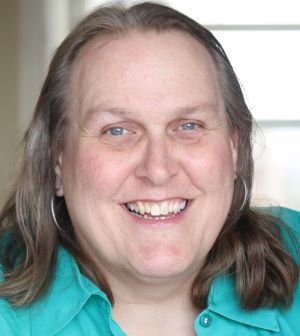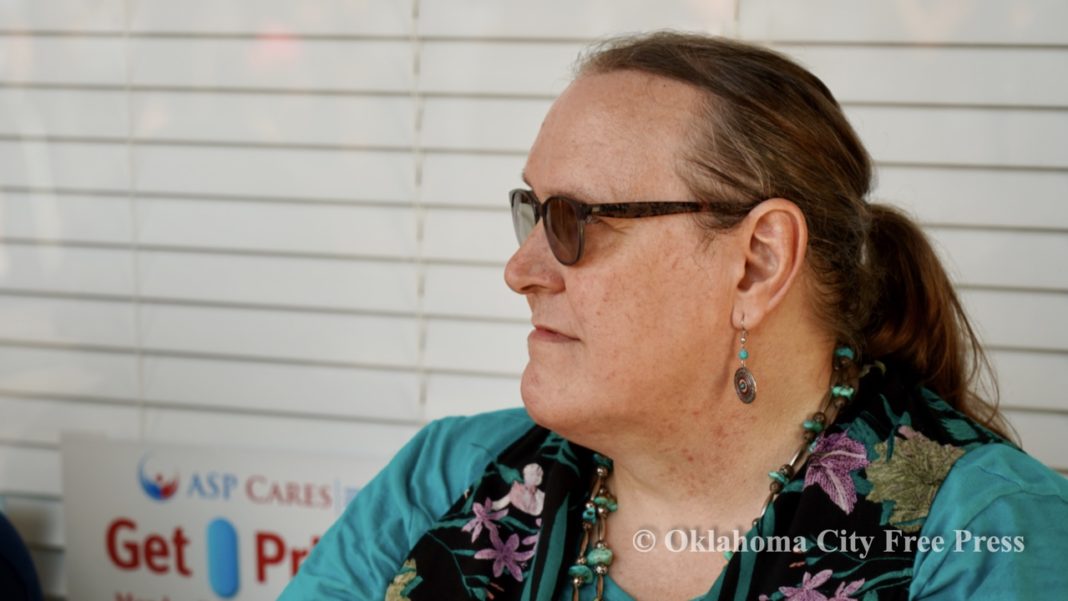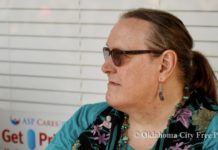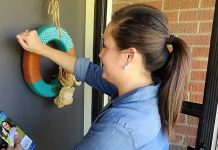Last Updated on January 5, 2024, 12:57 AM | Published: July 10, 2021
Paula Sophia Schonauer, LCSW, continues a serial memoir. If you haven’t read the earlier parts of this series, look at the bottom of this page.
“The hard part about one being tough yet meek is the illusion of being a punching bag.”
― Criss Jami, Killosophy
When I regained consciousness, I noticed the nail had dislodged from the piece of wood, punching the tip back through my hand where it leaned out of my palm like a fence post in shallow ground. Blood dripped from the back of my hand, a slow but steady ooze. I pulled the nail from my palm, fingers reflexively curling inward to minimize the pain, blood pooling in my cupped hand.
When I tried to straighten my fingers, it hurt, piercing pain, and I balled my hand into a fist for relief, blood seeping through gaps between my fingers, out through a fold line next to my pinky. I grabbed a dishrag from a stack of laundry next to the dryer and wrapped my hand, not sure what to do next, wondering why I was still alive.
I paced the damp concrete floor, crying and cursing, feeling dizzy and nauseous in waves, afraid to go upstairs, afraid to stay in the basement. Mom called my name. I did not answer, choosing to sit down in a gloomy corner to ease my dizziness.
I don’t know if I passed out again or if I had fallen asleep, but the next thing I knew, I was being carried, Mom murmuring somewhere behind me. I was in a car, street lights illuminating the interior of the car followed by intervals of darkness in successive waves. Next, I was in an examining room, a woman with a surgical mask staring at my eyes, shining a light into my pupils.
Later, a doctor was probing the wound in my left hand. It hurt. I screamed in pain.
“You’re a lucky young man,” the doctor said.
Mom and Dad wanted to know what I had been doing in the basement. I lied. I told them I tripped and fell on a piece of wood with a nail sticking out the end. Entirely plausible, I was known to be clumsy. My explanation, completely accepted. Beyond that, no more questions, no more consequences save a tetanus shot, which left me aching and uncomfortable when I finally went to bed.

Some weeks later, it was full-blown spring, the air warm, the grass green, and a general exuberance in the air that had been lacking during winter. It was the first day above 70 degrees, so I tied my windbreaker around my waist by the sleeves, the nylon material swishing against my legs as I walked home from school. Maybe, this was what it felt like to wear a skirt or a dress. I danced a few steps, not caring who might have been watching.
The junior high boys stepped from behind a hedgerow near the backlot of Sparkle Mart, glaring at me. I knew I couldn’t outrun them, and I knew I couldn’t outfight them. I endured their derisive comments, all the usual epithets, and waited for them to hit me or move on, figuring they were bound to get bored at some point.
There came a curious acceptance of this abuse, a resolve to get through it. I couldn’t avoid it, nor could I delay it. All I could do was stand it. To some, this looks like weakness, the lack of violent reprisal, but it may have been the bravest moment of my life. I didn’t cry, nor did I beg. I endured. This was a moment of unpleasantness, some pain, that’s all. It would not define my day. I wanted to enjoy the late afternoon, the lingering light, to remain outdoors as long as possible.
My silence seemed to upset the junior high boys as I stood among them, stoic instead of cringing. They were hesitant, even suspicious. Their taunts died away, and they looked at each other as if waiting for someone to call the cue for the next statement, the next action, like first-graders in a school play.
One of the boys approached me, a little taller than me but shorter than his companions. He had blond hair and brown eyes, freckles on his face, cigarette smoke on his breath. I braced for a beating.
Without saying anything, he punched me in the gut, slightly low on my belt line where his knuckles bashed my belt buckle, a small brass rectangle. He recoiled in pain, shaking his hand, sucked the blood off a scraped knuckle. He hit me again and again, this time near my abdomen, bending me forward in pain, too breathless to cry.
“Come on, Tommy,” one boy said. “Leave him alone.”
The boys walked around me, laughing, and left me crumpled in a fetal position on the pavement. It was over.
Once the boys were out of sight, I started to cry, proud that I hadn’t done so in their presence. The pain in my abdomen was sharp and nauseating as I stood, and my breath came in gulps. I slipped into the shadows behind Sparkle Mart until my breath became even, until the tears stopped flowing, and until the heat on my cheeks had cooled. Confident I had erased evidence of having cried, I walked home, intending to avoid my parents lest they asked me how my day had been.
Later that evening, I was playing tetherball in the backyard when I leaped to reach the ball as it flew above my head, just beyond grasp. I must have overstretched my torso, causing my abdominal muscles to cramp, and I fell forward, feeling the same pain from the day’s earlier beating.
I lay in the grass holding my stomach, trying to breathe when Mom called out to me.
This post is the latest of a serial memoir Paula Sophia is writing about her life. We are honored that she chose Free Press as the platform. The following links are to earlier parts of the memoir.
- Manhood, from the inside out — Memoir and Mythology
- Part 2 — Cubby Hole
- Part 3 — Magic Carpet Cocoons
- Part 4 — Snips and Snails and Puppy-Dogs’ Tails
- Part 5 — Mirror
- Part 6 – Deep Water
- Part 7 – Limbo
- Part 8 – Dissociation
- Part 9 – Shame
- Part 10 – Judgement Day
- Part 11 – Inferno
- Part 12 – Haunted
- Part 13 – Did I say that?
- Part 14 – The end times
- Part 15 – Alone again (naturally)
- Part 16 – Welcome to Grey Town
- Part 17 — Stigma
Guest Columnist Paula Sophia is a licensed clinical social worker in Oklahoma City and a former Oklahoma City Police Officer.







